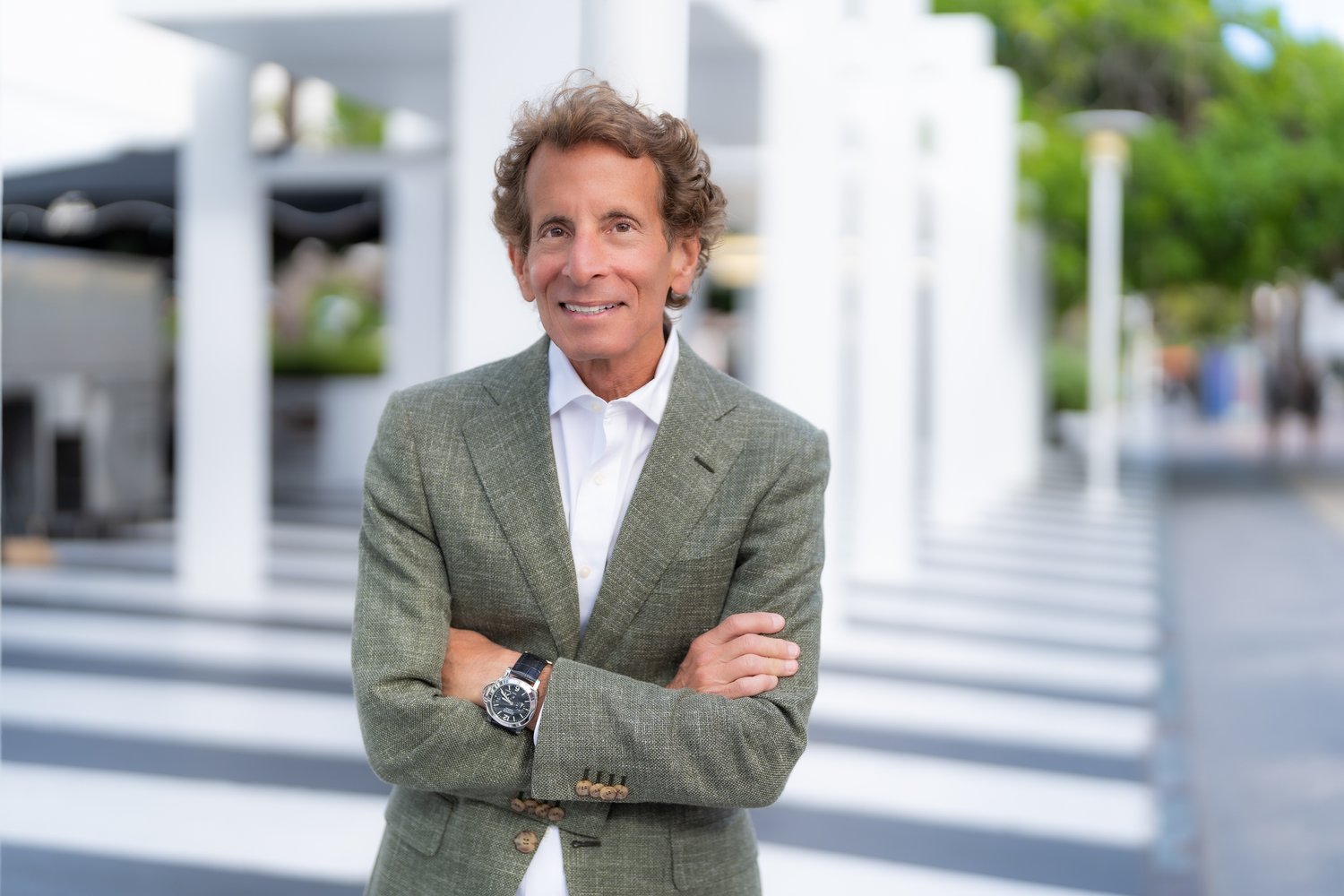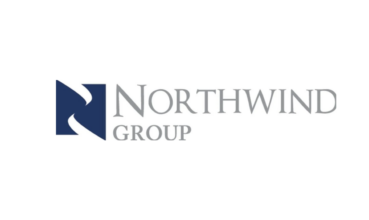When a fraudulent workplace injury claim hit one of Stefano Braganti’s construction sites, the resulting years-long legal battle exposed a critical gap in the industry. As a structural...
Miami's Retail Evolution: A Conversation with Lyle Stern of Vertical Real Estate




From his early days armed with nothing but a fax machine to now managing relationships with major brands across three counties, Lyle Stern, co-founder of Vertical Real Estate, offers a unique perspective on how Miami’s retail landscape has evolved and where it’s heading next.
“Miami is no longer just a tourist destination—it’s a real city with significant corporate infrastructure,” declares Stern, whose 34-year career has paralleled South Florida’s transformation into a global business and luxury hub.
From Seasonal Destination to Global Business Hub
When Stern returned to Miami from Georgia in the late 1980s, he saw an opportunity in the city’s underdeveloped retail market. “I started the Stern Organization as a one-man company after identifying a big void in the Miami market,” he explains.
His first major break came with Blockbuster Video, then at the height of its popularity. Beyond the fees, what Stern really wanted was “the opportunity to lease and market the balance of the spaces in the center,” creating inventory he could offer to other retailers.
This early success coincided with Miami Beach’s renaissance, driven by the revival of the Art Deco district and an influx of modeling agencies. Stern credits a pivotal Calvin Klein photo shoot by Bruce Weber for elevating the area’s profile: “If not for Bruce Weber, I’m not so sure that Miami Beach would have taken off the way that it did.”
This fortuitous timing positioned Stern to help create what would become known as the “upper moderate retail category” in South Beach, establishing a niche that would define much of his career.
Building a Retail Powerhouse
A chance connection led Stern to meet Bruce Konigsberg, who would become his business partner for nearly three decades. Their partnership was complementary from the start, Stern had relationships with local landlords and properties, while Konigsberg had connections with national brands looking to enter the market.
After 30 years of success with Konigsberg Stern Group, the partners decided to split into two companies, with Stern forming Vertical Real Estate and Konigsberg joining his son’s company, Odyssey Real Estate.
Today, Vertical Real Estate operates across Miami-Dade, Broward, and Palm Beach counties, representing 25-30 different companies ranging from Whole Foods and Equinox to Sweet Green and Daily Provisions. The firm balances tenant representation with landlord work, managing over a million square feet of assignments for developers like MDM, Related Miami, and Asana.
Corporate Migration Transforms the Market
The most significant shift in South Florida’s retail landscape has been driven by the region’s emergence as a major business center. “Miami has significant corporate infrastructure,” Stern emphasizes.
The migration of financial powerhouses like Citadel, Thoma Bravo, and Blackstone has transformed the market. “If you go into almost any office building, whether it’s Miami Beach, Coral Gables, downtown West Palm City Place, and look at the registry of tenants: private equity firms, family offices, investment banks, insurance companies, you see we’re a real place.”
This corporate influx has created demand for high-end retail and dining across the region. “Almost any significant retailer, whether they have one store or 1,000 stores, really wants to, needs to be in South Florida,” Stern explains. “If you’re looking to come to the United States, Miami is clearly one of the top two or three cities, along with New York, that retailers are looking to enter.”
The “Pollenization” of Neighborhoods
Perhaps the most fascinating aspect of Miami’s retail evolution is what Stern calls the “pollenization” of neighborhoods—the way retail and dining concepts spread from established areas to emerging districts.
“Through either price or entrepreneurship, new neighborhoods like Little River and Allapattah are evolving, giving new and emerging businesses places to establish themselves,” he explains.
While Wynwood, Midtown, and Edgewater have matured into established neighborhoods with significant retail, office, and residential footprints, areas like Little River and Allapattah are now experiencing their own renaissance.
These emerging neighborhoods are attracting accomplished independent operators. In Little River, Stern points to Sunny’s, “a spectacular steak restaurant,” and David Foulquier, who has “restaurants in both Miami and New York, building a beautiful restaurant in Little River.”
Similarly, Allapattah has attracted Jon & Vinny’s, “important chefs from LA,” and Hometown Barbecue, “a serious, well-known, award-winning barbecue restaurant from New York.”
The cultural infrastructure is also developing in these areas, with the Rubell Museum having moved to Allapattah and Jorge Pérez opening his family’s private art gallery to the public in the same neighborhood.
Branded Residences: A South Florida Phenomenon
One trend particularly pronounced in South Florida is the integration of luxury brands with residential developments. Developers competing in a crowded market have turned to brand partnerships to differentiate their projects.
“Some developers have made the decision that branding a project increases either sales, price or velocity in a very competitive market,” Stern explains. Examples include the Mercedes-Benz towers, the Porsche Tower in Sunny Isles, the Aston Martin tower downtown, and Michael Shvo’s Rosewood-branded development on the beach.
“These are very intelligent people that have made well-calculated decisions, that see a value proposition,” Stern notes, suggesting that the trend is driven by data rather than mere marketing.
Health, Fitness, and the Future of Retail
Looking ahead, Stern identifies health and fitness as the most expansive trend in the market. “The number of gyms, whether it’s Pilates studios or yoga studios, or larger box fitness facilities like Anatomy Fitness… the specialty evolution of Club Pilates or Solidcore or Rumble” is filling every market and submarket.
Alongside fitness, fast-casual dining concepts focused on healthy eating are proliferating. “I just drove past a strip center in West Palm and in one shopping center, I saw a Playa Bowls, another bowl concept, Just Salad. So fitness and bowls seem to be leading the categories,” he observes.
Another emerging trend is the rise of the “supper club” concept, following the success of Delilah in Las Vegas and Brickell. These venues combine dining with entertainment, creating a more immersive experience than traditional restaurants.
A City of Distinct Retail Nodes
What makes Miami’s retail landscape particularly dynamic is the development of distinct nodes throughout the region, each with its own character and appeal. From the Design District, which Greg Robbins has built as “a spectacular demonstration project in how to build a neighborhood ground up,” to Sunset Harbour, where “Amar Lalvani is building a spectacular showroom on the rooftop of a building,” the region offers multiple centers of gravity for retail and dining.
“If you live in Miami, Coral Gables, South Beach, Downtown Miami, Allapattah, wherever, you’ve got all these amazing nodes that you can go to, whether it’s for restaurant or for shopping.”
Similar Articles
Explore similar articles from Our Team of Experts.


In just two years, Carolwood Estates has captured an astonishing 37% of Los Angeles’ $20 million-plus home market. The firm’s rapid rise showcases a masterclass in luxury real es...


For Harald Grant, Associate Broker and Senior Global Real Estate Advisor at Sotheby’s International Realty, the Hamptons real estate market isn’t just about properties—it’...


“Power is such a huge focus right now for everyone,” explains Todd Holley, Senior Vice President at Voit Real Estate Services, describing an emerging trend that’s reshaping...


In real estate finance, Northwind Group stands out for its strategic adaptability. Founded by Ran Eliasaf, a former Israeli Navy captain turned real estate executive, the firm has evolved fr...




